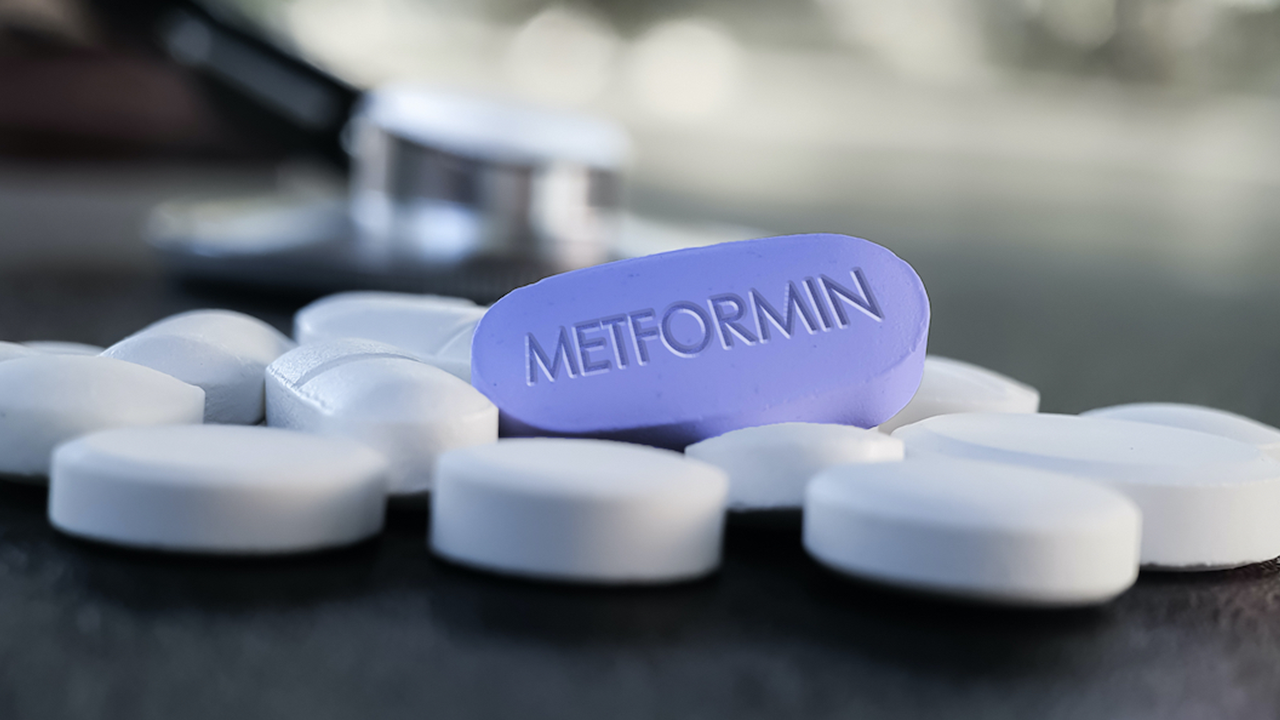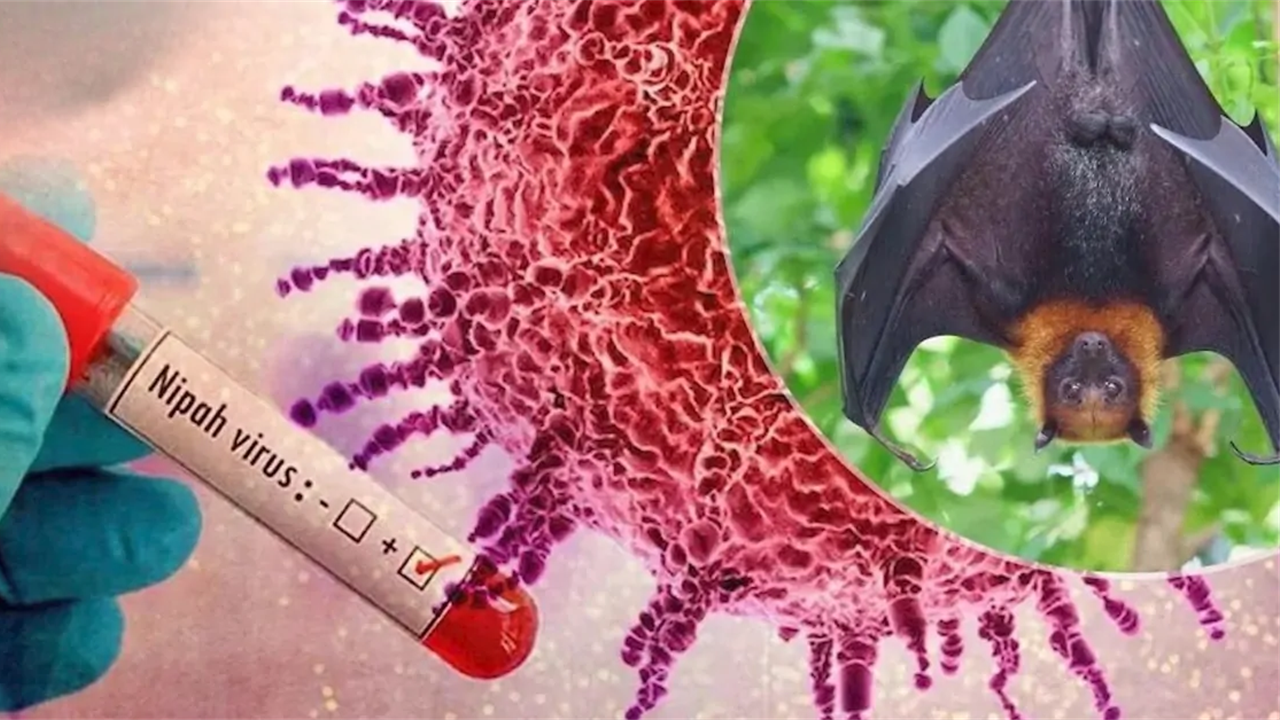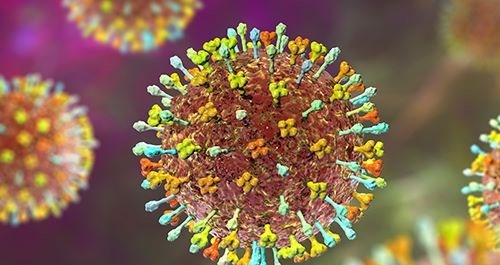Lenacapavir: A Game-Changer in HIV Prevention with FDA Approval and WHO Support
The World Health Organization (WHO) has officially welcomed the FDA’s approval of lenacapavir, a groundbreaking, long-acting injectable medication for HIV prevention. This significant achievement marks a milestone in the global fight against HIV and provides a much-needed alternative to traditional daily oral pre-exposure prophylaxis (PrEP) options. With the ability to be administered just twice a year, lenacapavir offers a new hope for people at high risk of HIV infection, addressing long-standing challenges associated with daily pills and frequent healthcare visits.
Lenacapavir: A New Era in HIV Prevention
Lenacapavir has garnered significant attention due to its proven efficacy and safety in clinical trials. The approval of this injectable medication follows promising results from the PURPOSE 1 and PURPOSE 2 trials, which were conducted in 2024 and showcased the drug’s potential to prevent HIV transmission across a wide variety of populations and settings. The trials revealed that lenacapavir, when administered twice yearly, offers sustained protection against HIV, making it a promising option for those struggling with adherence to daily pill regimens.
Dr. Meg Doherty, Director of WHO’s Global HIV, Hepatitis, and STI Programmes, emphasized, “This regulatory milestone brings us one step closer to expanding access to an innovative HIV prevention option in lenacapavir.” WHO’s role in supporting countries through the development of guidelines, prequalification processes, and regulatory approvals is crucial for ensuring the widespread and equitable access to this treatment, especially in resource-limited regions where HIV transmission remains high.
Why Lenacapavir is a Game-Changer
Currently, the WHO recommends several PrEP options, including oral PrEP (such as emtricitabine-tenofovir) and the dapivirine vaginal ring, along with long-acting injectable cabotegravir (CAB-LA). However, lenacapavir stands out due to its discreet, long-acting formulation that allows for just two injections per year. This treatment approach addresses some of the major barriers that people face with existing options, such as pill fatigue, the need for frequent clinic visits, and the stigma surrounding HIV prevention.
Lenacapavir’s biannual administration helps alleviate the burden of daily pill-taking, making it a more accessible and user-friendly option for individuals who may have difficulty adhering to daily regimens. This development is particularly important as WHO and global health authorities continue to emphasize the need to remove barriers to HIV prevention, particularly among marginalized groups who are disproportionately affected by HIV.
In addition to the FDA approval, WHO’s endorsement of lenacapavir as a key component of global HIV prevention strategies highlights the significance of this new option. WHO's guidelines for injectable lenacapavir are set to be released during the International AIDS Conference in Kigali, Rwanda, in July 2025. These guidelines will provide crucial direction for countries to incorporate lenacapavir into their national HIV prevention programs.
Expanding Access to HIV Prevention
Despite significant progress in reducing global HIV infection rates over recent years, the world still faces an ongoing challenge in combating HIV, particularly in regions with limited access to healthcare services. In 2024, an estimated 1.3 million people were newly infected with HIV globally, with 160,000 new HIV infections in the European region alone. This reflects the urgency of expanding access to effective HIV prevention tools, especially for people who are at the highest risk but remain underserved by existing prevention options.
Lenacapavir is part of a growing portfolio of long-acting HIV prevention options that are designed to improve adherence, reduce transmission rates, and ultimately contribute to the goal of eliminating HIV as a public health problem by 2030. The PURPOSE 1 and PURPOSE 2 trials demonstrated that lenacapavir was highly effective in preventing HIV, achieving 100% protection in women aged 16-25 years in South Africa and Uganda, and nearly complete protection among men and gender-diverse people in Argentina, Brazil, Mexico, Peru, South Africa, Thailand, and the US.
Regulatory Support and WHO’s Role
The FDA approval of lenacapavir is a significant step forward, but the WHO’s involvement will be essential in scaling up access to this innovative PrEP option. Lenacapavir’s approval by the FDA paves the way for WHO prequalification, which will enable national regulatory authorities in various countries to more rapidly approve and distribute the drug. This is particularly important for low- and middle-income countries where HIV prevalence remains high but access to treatment is often limited.
Simultaneously, WHO is working with the European Medicines Agency (EMA) to facilitate regulatory pathways under the Medicines 4 All (M4All) mechanism. This initiative aims to ensure that lenacapavir is accessible in resource-limited countries that face the highest burden of HIV transmission. By integrating lenacapavir into national HIV prevention programs, WHO seeks to provide equitable access to this powerful tool, ensuring that those most in need can benefit from it.
Challenges and Future Directions
While the approval of lenacapavir represents a major step forward, challenges remain in ensuring affordable and equitable access to the drug. Currently priced at $28,218 per year in the United States, the high cost of lenacapavir has raised concerns, particularly in resource-poor settings. However, Gilead, the manufacturer of lenacapavir, has signed licensing agreements with six generic manufacturers to produce low-cost versions of the drug for 120 high-incidence, resource-limited countries, thus making it more affordable for people in these regions.
In addition to the pricing challenges, it will be essential for global health partners, including donor agencies such as the Global Fund, to support the rollout of lenacapavir and ensure it reaches the communities that need it most. The UN Joint Programme on HIV/AIDS (UNAIDS) has also highlighted the need for continued investment and smart policies to scale up HIV prevention efforts globally.
Conclusion
The approval of lenacapavir by the FDA marks a pivotal moment in the global response to HIV prevention, providing a promising new tool to help end the HIV epidemic by 2030. The biannual injection of lenacapavir addresses critical barriers to existing HIV prevention options, improving access and adherence, particularly among high-risk populations. WHO’s support and guidance will be crucial in ensuring lenacapavir’s widespread implementation, helping to make this innovative solution available to those who need it most.
As we move forward, lenacapavir has the potential to become a cornerstone in HIV prevention strategies, offering long-term protection for individuals at risk, while contributing to the broader goal of reducing HIV infections globally. It is now up to governments, healthcare providers, and global health organizations to ensure that this promising option reaches the people who need it, and to continue working toward the ultimate goal of eliminating HIV as a public health threat by 2030.
Source
1. WHO - FDA approval of injectable lenacapavir marks progress for HIV prevention, 19.Jun.2025
2. New Injectable Recommended by Europe for HIV Prevention - Medscape - July 25, 2025.
Bài viết liên quan






